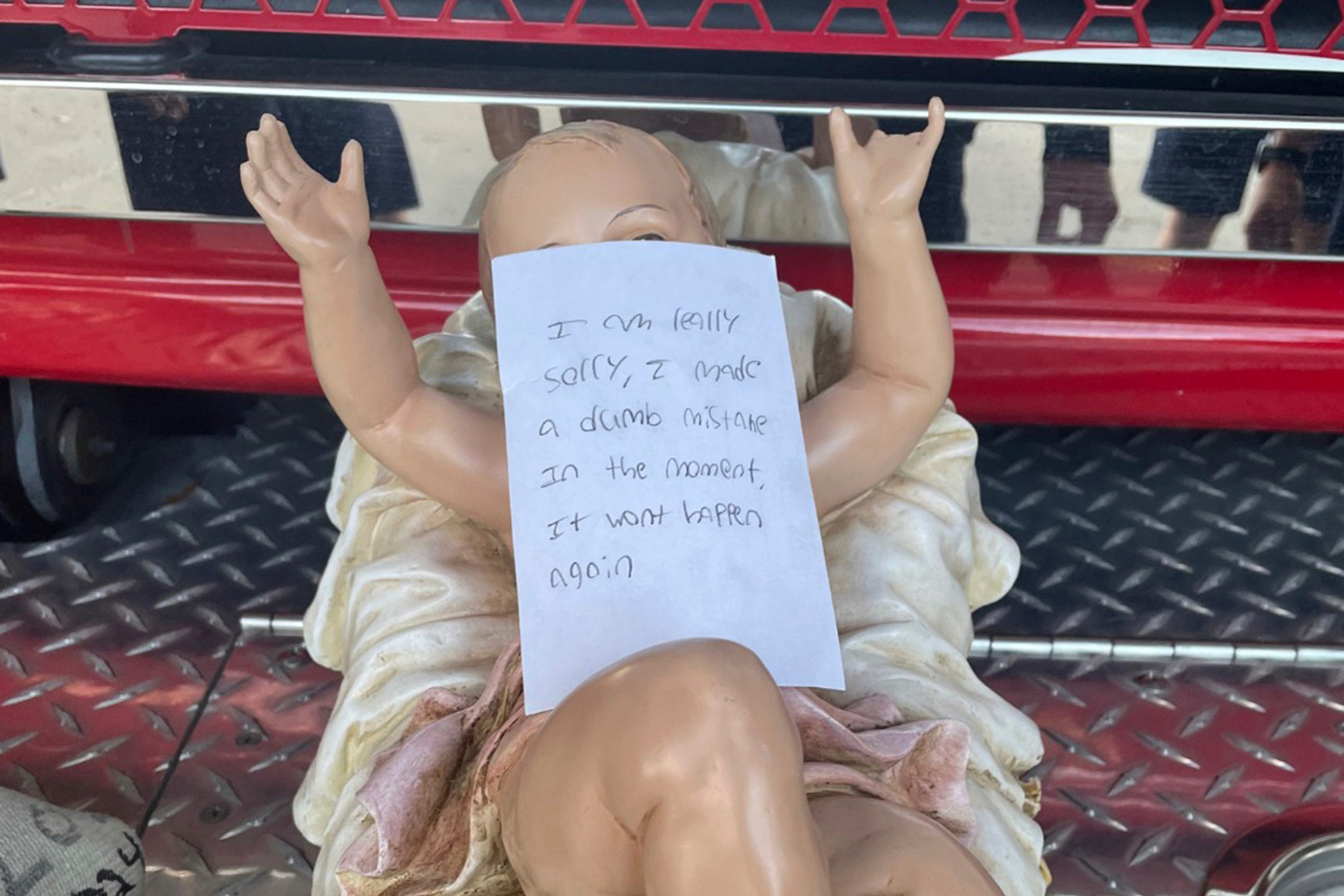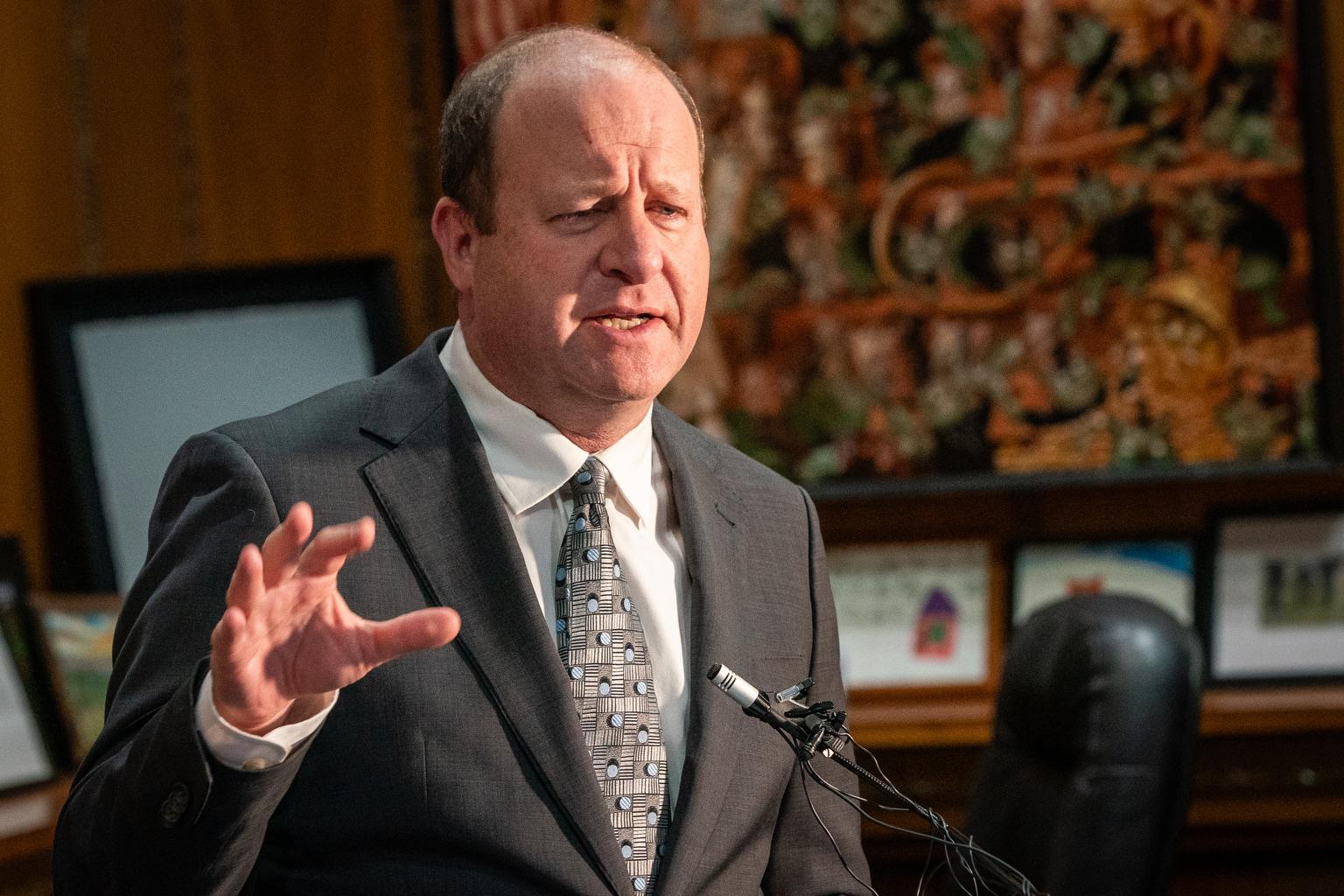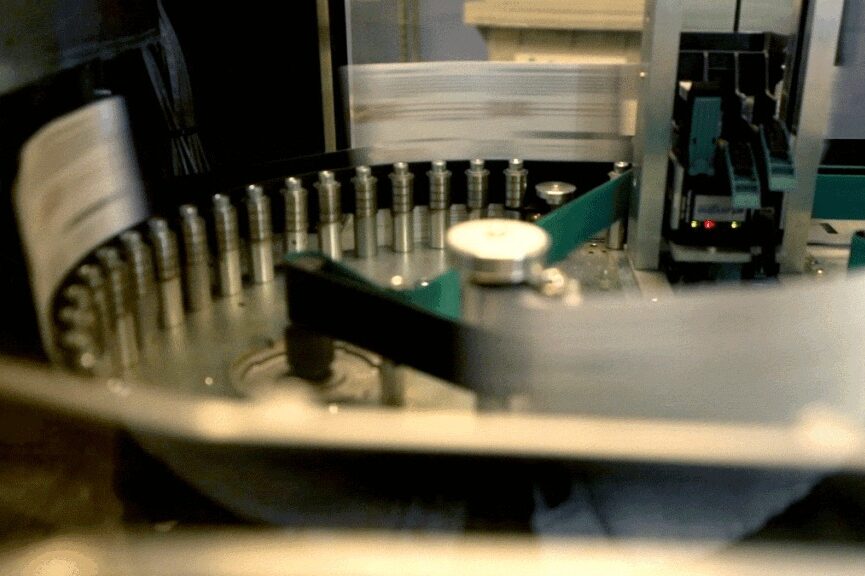
- Points to license applications will be awarded, skewed heavily toward experienced marijuana businesses, and owners who’ve avoided felony convictions.
- Stores must be 1,000 feet from a school, and 500 feet from a hospital, and in certain commercial and industrial zones.
- Cultivation facilities may not locate within 300 feet of residential zone districts.
- Applicants must have at least $400,000 of liquid assets.
It’s that last part that’s stirring controversy. That level of capital reserves isn’t required elsewhere.
“We’re basically squeezing out the little guy,” LeGare says. “But I mean in society there’s winners and losers everyday in the business world.”
LeGare says marijuana is still against federal law and the City of Aurora wants to be sure the businesses that get a license are the best and have the money to follow through on their plans.
Chris Jetter wants to open a shop in Aurora, his hometown. Jetter was one of the pioneers of marijuana in Denver, starting a shop even before there were regulations.
“It’s kind of disheartening when basically every other qualification on the application I meet with flying colors,” Jetter says. “I mean I have a really strong application, other than the $400,000 requirement.”
Jetter says he doesn't have the money because he was pushed out of his Denver business in a power struggle with investors.
The Cannabis Business Alliance (CBA), a trade group that represents the kind of dispensaries with $400,000 dollars in their pocket, has lobbied Aurora for strict regulations that favor the bigger players.
“It’s a way for Aurora, at least initially, as they're getting their toe in the water, to be assured that those partners that they are inviting into their community are going to be good community partners making an investment in Aurora,” CBA Executive Director Meg Collins says. “I think that’s really important.”
According to campaign finance reports, Collins and the Denver dispensaries she represents, including Good Chemistry and Wellspring Collective, have given several hundred dollars in contributions to at least one Aurora city counselor: Barbara Cleland.
Cleland, who was on the committee that drafted the pot ordinance, says she was not influenced by the contributions.
It’s not surprising to others in the pot industry that some dispensaries are looking for a leg up in Aurora.
“People are putting a lot of resources into following the process, trying to influence the process, and be ready to hit the ground running when this is allowed,” marijuana industry attorney and activist Sean McAllister says.
That’s because those Aurora licenses will likely be lucrative. Colorado’s third-largest city will have, at most, only 24 stores, compared to Denver with about 200.
“Aurora is the last frontier in Colorado of a big city that is going to allow recreational marijuana,” McAllister says.
Cities like Colorado Springs and Grand Junction have voted against recreational pot.
Aurora city councilman Bob LeGare is pleased Aurora, which never had medical marijuana will finally get a piece of the pie.
“Why not have the shops here,” LeGare says. “They can buy their product here. We can get some of the tax revenue and pay for the police and the social services and the impacts.”
The first stores could open as soon as October 1st, which is the first day new recreational stores can open in Colorado. Previously only existing medical dispensaries could convert.








